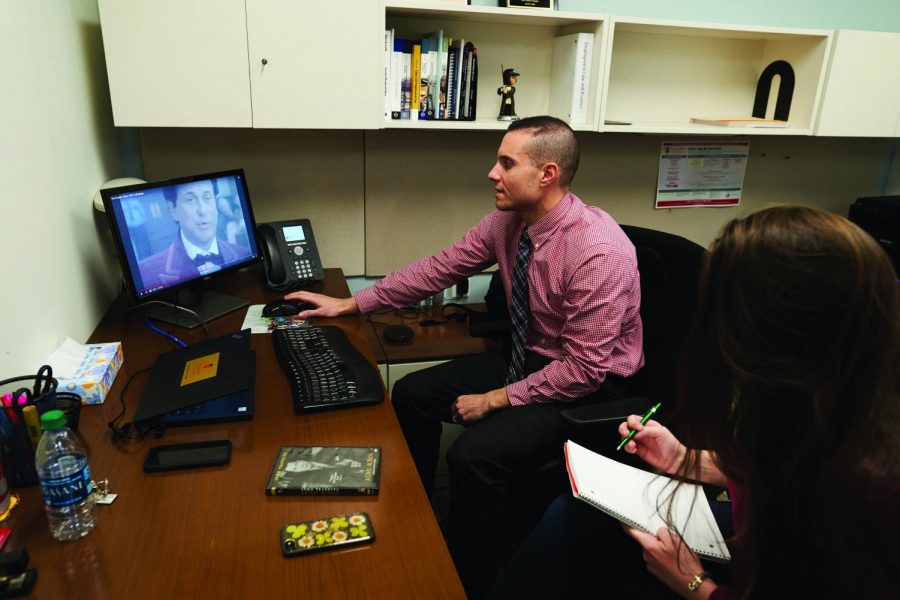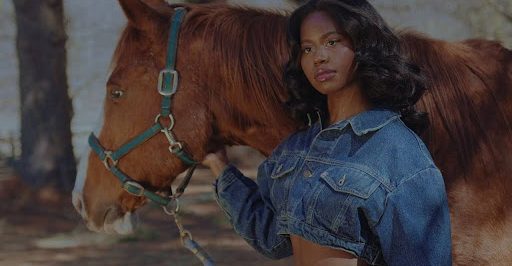Courtroom dramas and true crime have been some of the most popular genres over the past few decades because of the passion they ignite in the viewers. While these works have become mainstays of the American media’s depiction of the legal field, not all of them provide the most diversified or realistic look into the world of law, according to Professor William Murphy of the Legal Studies department.
Originally an acting and journalism double-major at NYU Tisch, Murphy went from once portraying a lawyer in the theater to practicing law himself in a number of arenas. From fighting against workplace discrimination to running his own criminal defense practice to assisting those who lost their homes during Hurricane Sandy, he has had an extensive and multifarious career in law, despite his relative youth.
Having practiced both criminal law and civil law — in federal court as well as the state court — Murphy used his unique frame of reference to curate a collection of stories that observe multiple facets of the legal system.
(Film)
“Civil Action”
Dir. by Steve Zaillian
Each semester, Murphy requires his students to watch this 1998 legal drama directed by Steve Zaillian. Based on a real case, “A Civil Action” stars John Travolta as a plaintiff’s attorney, who represents a small Massachusetts town victimized by a big company’s hazardous waste. The film weaves the idiosyncrasies of civil law through an emotionally-charged trial to produce a comprehensive example of how the United States civil litigation system works.
Murphy shows this film to his students because the overwhelming majority of law concepts portrayed in the media are criminal, while in reality “over 90 percent of litigation [are] civil.” It shows “the ups, the downs, the different obstacles you could encounter as a plaintiff, the different strategies a defendant might use, and of course, the outcome.”
This process is important for everybody to understand, as we each stand a much greater chance of ending up in civil cases than criminal ones — something Murphy says is for the better.
(Documentary)
“O.J.: Made in America”
Dir. by Ezra Edelman
If you’re interested in American history, Murphy believes that the ESPN documentary series, “O.J.: Made in America” depicts an indispensable part of it. Directed by Ezra Edelman, it chronicles O.J. Simpson’s life and career, focusing on his infamous fall from grace.
When “O.J.: Made in America” first aired in 2016, Murphy recalled that his students were enthralled by the series. The reason, Murphy said, that this particular case has remained “captivating to the American consciousness” is because “it deals with everything that’s important to us as Americans.”
“It ties so many fabrics of American culture and American history together, with the legal system as its focal point,” Murphy said. The case combines the concepts of guilt and innocence seamlessly with the themes of tragedy, celebrity, politics and respective social epoch.
The civil unrest and racial divide in 1990s Los Angeles was not a mere backdrop, but a fundamental element of the narrative. Murphy also pointed out the significance of a female prosecutor and a black defense attorney in such a high profile trial. “Not only are you seeing a legal drama play out; you’re seeing it with new players, in a way that I think has been positive for the practice of law,” he said.
(Play)
“12 Angry Men”
Teleplay by Reginald Rose
Originally a 1954 teleplay by Reginald Rose, this work focuses on 12 jurors deliberating over a criminal case in the juror’s chamber after a trial. A power struggle ensues between two jurors with opposing convictions who each try to influence the others over the span of one afternoon, and it shifts the focus entirely to an underrepresented — yet paramount — component of criminal law.
“It shows people the power of a jury, the power of society serving its role, and the power of upholding a civic duty that I think most people neglect now,” Murphy said. “12 Angry Men” is a window into “this mysterious process” known as jury service, and the play serves to change people’s perceptions of it.
Murphy says that beyond “inspiring service and pride,” the plot delivers an important lesson: “Accepting people beyond their appearances; accepting people for who they are beyond stereotypes and mindsets, which I think is an important message for society today.”
(Film)
“My Cousin Vinny”
Dir. by Jonathan Lynn
“My Cousin Vinny” follows a recently barred lawyer played by Joe Pesci, who, after numerous failed bar exams, is comically navigating a murder case in an unfamiliar jurisdiction. Through humor, the law is made more accessible to the average person and “inspires an autonomy for interacting with a legal system that might intimidate them.”
In his own lectures, Murphy tells his students, “Learning the law is like learning a foreign language.” He emphasizes that lawyers are not magicians, but people fluent in a language that the majority of the population does not speak. He believes that “My Cousin Vinny” illustrates that notion so well that it allowed the film to become a “piece of the culture.”
(Novel)
“One L”
By Scott Turow
Published in 1977, “One L” has prevailed as a recurrent bestseller among potential first-year law students; however, Murphy believes that its readership should be extended beyond those interested in pursuing law.
The book is an autobiographical narrative about the first-year law school experience, which Murphy describes as “one of a kind.” It gives the reader a newfound understanding of a lawyer’s journey and why various individuals choose to practice in different areas of law.
“It’ll set people’s expectations [of lawyers] appropriately and this will avoid the negative connotations that come with being a lawyer.”
~ ~ ~
With the goal of recommending accurate but entertaining depictions of law, Murphy shared a shelf as diverse as his illustrious career. The stories all come from distinct perspectives in the context of wildly different scenarios, but there is something extremely valuable to be learned from each one.








